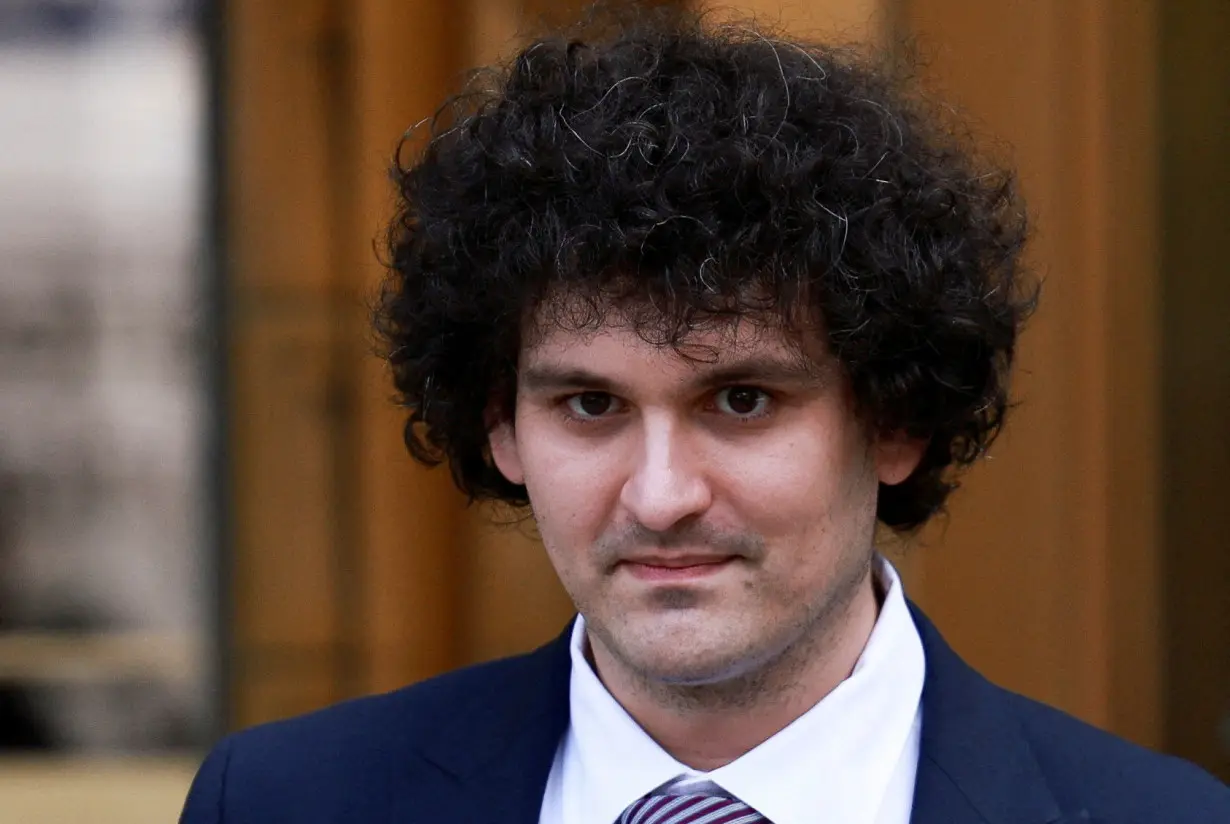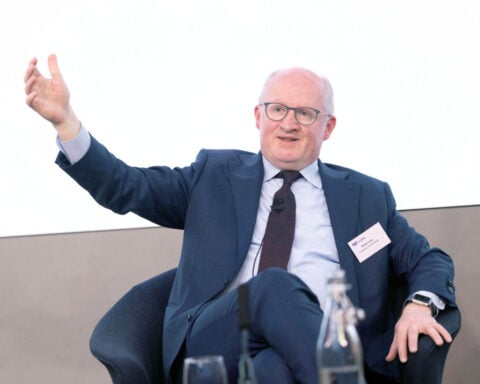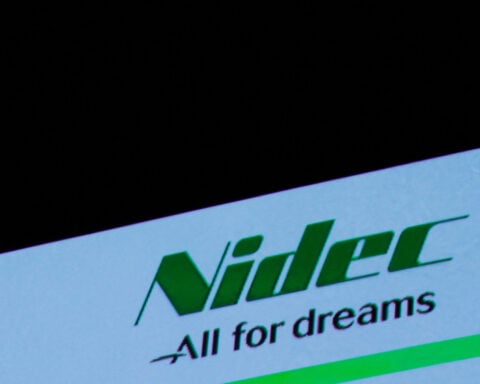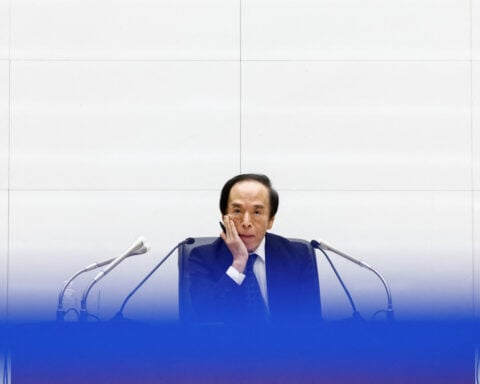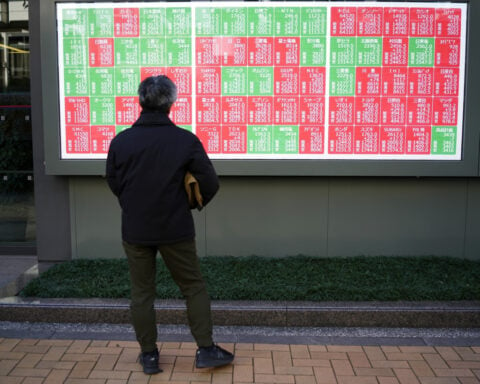By Jody Godoy and Luc Cohen
(Reuters) - Jurors in the trial of FTX founder Sam Bankman-Fried heard from both sides for the first time on Wednesday, receiving dueling portrayals of key events and players involved in what prosecutors have called a multibillion-dollar fraud that affected thousands of the cryptocurrency exchange's customers.
Bankman-Fried pleaded not guilty. Opening statements by prosecutor Thane Rehn and defense lawyer Mark Cohen made it clear that four points of contention, described below, will be crucial to the trial, which is expected to last up to six weeks.
Was Bankman-Fried a power-hungry thief or a "math nerd" startup CEO?
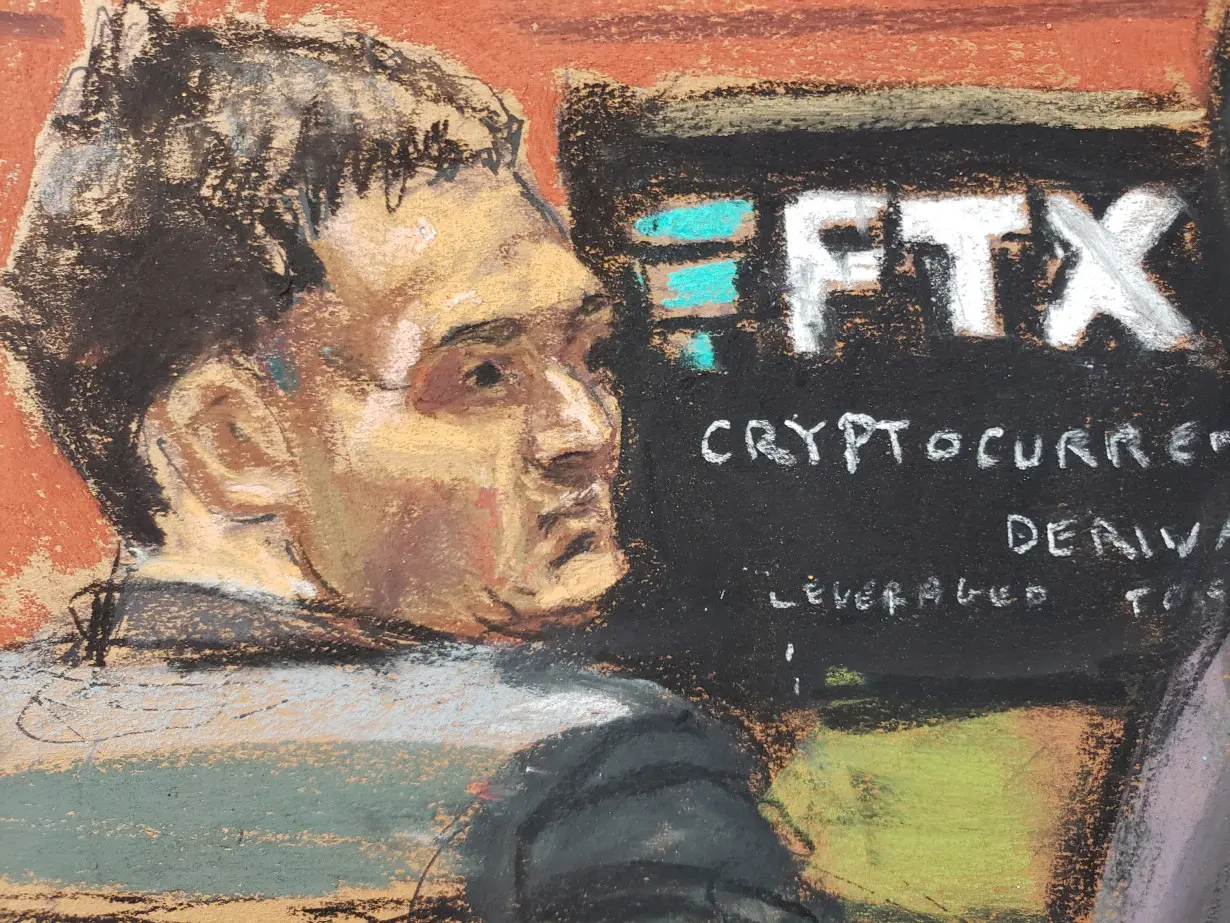
In his opening statement, Rehn said Bankman-Fried used more than $10 billion in FTX customer funds to amass his own wealth, power and influence. Rehn said he bought beachfront property in the Bahamas and donated to a nonprofit his brother founded.
Cohen, Bankman-Fried's attorney, called that depiction a "cartoon of a villain," and said evidence would show that his client was actually a "math nerd who didn't drink or party." Bankman-Fried, he said, was in reality a CEO of a startup company that collapsed after it was faced with an unanticipated "perfect storm."
"It's not a crime to be a CEO of a company that later files for bankruptcy," he said.
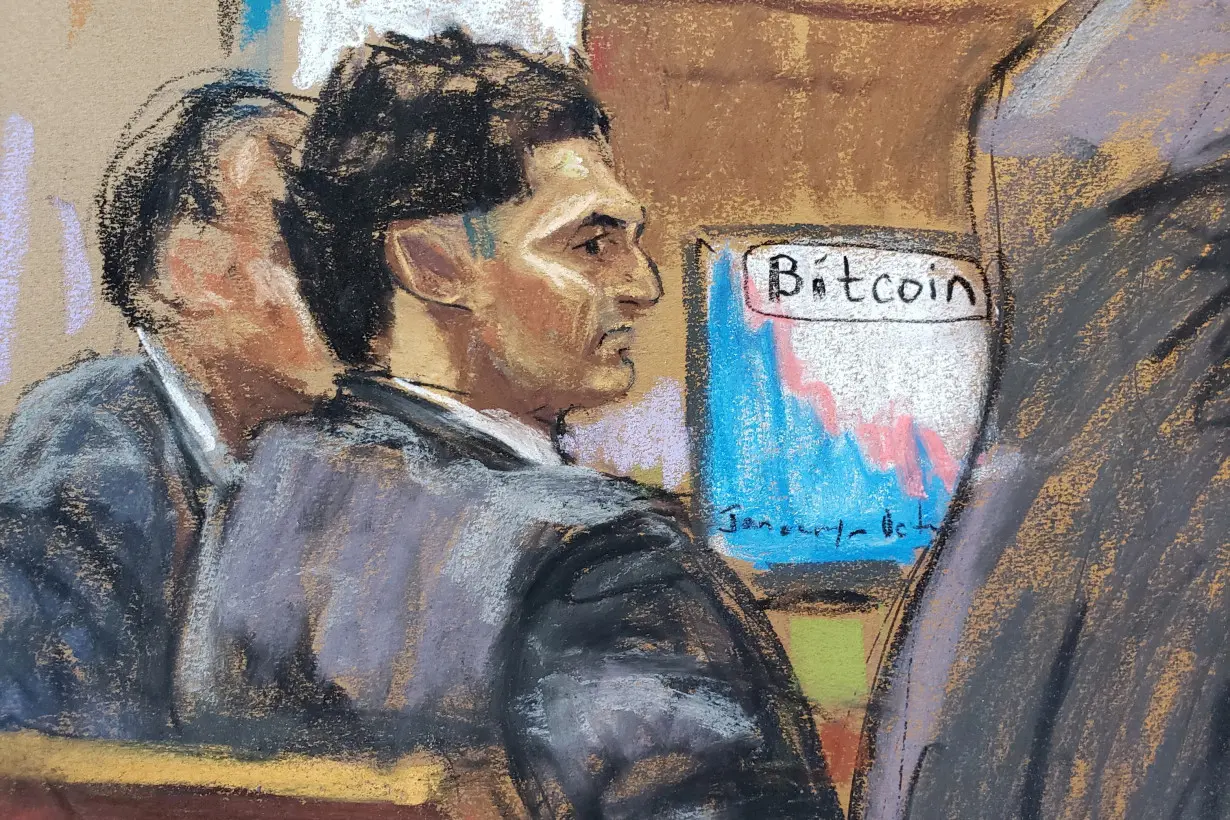
Did FTX collapse because of a smear job or fraud?
From Cohen's point of view, FTX and Alameda Research - a crypto-focused hedge fund also controlled by Bankman-Fried - were casualties of a downturn across the cryptocurrency sector, which was subject to fluctuations based on "many factors that nobody controlled."
As Bankman-Fried's companies sought to weather the storm, public "attacks" by the crypto press and Changpeng Zhao, the CEO of rival exchange Binance, led to a run on FTX, Cohen said.
But Rehn said FTX collapsed because of Bankman-Fried's plundering of FTX customer cash. Blaming FTX's implosion on the broader downturn in crypto amounts to "excuses," Rehn said.
FTX's relationship with Alameda: nefarious or normal?
Rehn told jurors that Bankman-Fried stole customer funds in two ways: by duping FTX customers into sending money intended for their trading accounts to Alameda, and through a "secret special privilege" embedded in FTX software that let Alameda make unlimited withdrawals.
Cohen said prosecutors had misconstrued instances of Alameda performing functions for FTX that the fledgling exchange was not yet set up to perform itself.
He said the software allowed FTX to rely on Alameda as a "market maker," which let Alameda buy and sell crypto as the exchange sought to attract more customers.
Caroline Ellison: failed deputy or "front"?
Each side presented different stories about former Alameda chief executive Caroline Ellison, who has pleaded guilty to fraud and agreed to cooperate against Bankman-Fried.
According to prosecutors, Bankman-Fried installed Ellison, his sometime romantic partner, as a "front" to lead Alameda in 2021.
"In reality he was still calling the shots at Alameda," Rehn said.
But Bankman-Fried's lawyer said that handing over the reins was normal as FTX grew and took up his time. It was just as natural for Bankman-Fried, still Alameda's majority owner, to stay involved, he said.
"He relied on her and he trusted her to act as the CEO and manage the day-to-day," he said.
Cohen also said Bankman-Fried had asked Ellison to hedge Alameda's investments after crypto's successful year in 2021, but that she failed to do so.
(Reporting by Jody Godoy and Luc Cohen in New York; Editing by Amy Stevens and Matthew Lewis)

 TikTok preparing for U.S. shut-off on Sunday, The Information reports
TikTok preparing for U.S. shut-off on Sunday, The Information reports
 Japan's Makino Milling requests changes to unsolicited bid from Nidec
Japan's Makino Milling requests changes to unsolicited bid from Nidec
 South Korea's Yoon likely to be held in a solitary cell
South Korea's Yoon likely to be held in a solitary cell
 Trump's Greenland bid stirs debate in China about what to do with Taiwan
Trump's Greenland bid stirs debate in China about what to do with Taiwan
 Inflation duo takes centre stage
Inflation duo takes centre stage
 As Los Angeles burns, Hollywood's Oscar season turns into a pledge drive
As Los Angeles burns, Hollywood's Oscar season turns into a pledge drive
 As fires ravage Los Angeles, Tiger Woods isn't sure what will happen with Riviera tournament
As fires ravage Los Angeles, Tiger Woods isn't sure what will happen with Riviera tournament
 Antetokounmpo gets 50th career triple-double as Bucks win 130-115 to end Kings' 7-game win streak
Antetokounmpo gets 50th career triple-double as Bucks win 130-115 to end Kings' 7-game win streak
